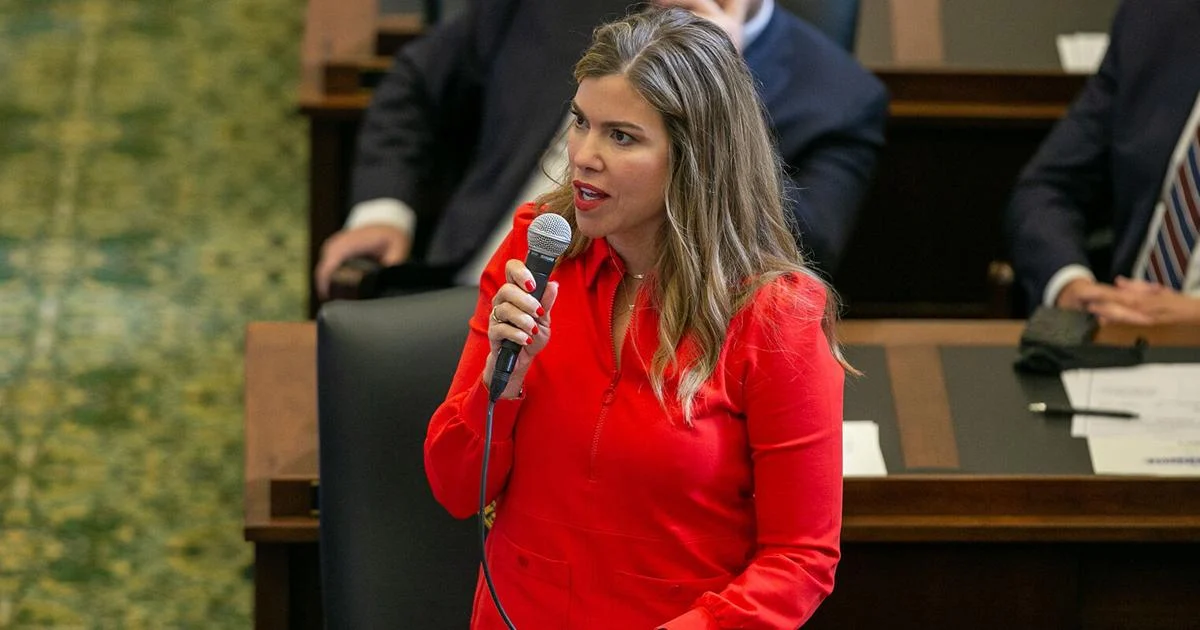By Fiona Callingham
Copyright mirror

Many people who contracted COVID-19 are likely to still be living with a long-term symptom. Groundbreaking new research has revealed that many patients experienced a loss of smell, even if they haven’t realised. The findings, which have been published in JAMA Network , found that 80 per cent of study participants who noted a change in their smelling ability had low scores on a clinical scent-detection test taken about two years later. Of those people, 23 per cent were “severely impaired” or had entirely lost their sense of smell. However, more interestingly 66 per cent of people who did not notice any smelling issues scored abnormally low on the evaluation as well. Study co-lead author Leora Horwitz commented: “Our findings confirm that those with a history of COVID-19 may be especially at risk for a weakened sense of smell , an issue that is already under-recognised among the general population.” Known medically as hyposmia, a reduced sense of smell, has been listed by the NHS as a potential Covid symptom for years. The health body also notes a loss or change in taste as a sign of coronavirus . As part of this study, the research team assessed 3,535 Americans who had participated in the RECOVER adult study, an analysis on the long-term health effects of Covid. As reported by Science Daily , throughout the study, those with and without a history of COVID-19 completed surveys about their symptoms every 90 days from October 2021 through June 2025. To measure participants’ sense of smell, the team used the University of Pennsylvania Smell Identification Test (UPSIT). Participants were asked to identify 40 scents by selecting the right multiple-choice option for each odour. Based on the results, smelling ability was characterized as normal, mildly impaired, moderately impaired, severely impaired, or lost altogether. Although past research has identified hyposmia as a symptom of coronavirus infection, most of these studies relied on patients’ own assessments of their smelling ability. “These results suggest that health care providers should consider testing for loss of smell as a routine part of post-Covid care,” Horwitz said. “While patients may not notice right away, a dulled nose can have a profound impact on their mental and physical well-being.” It is thought the change in smell could be linked to how Covid affects the scent-processing region of the brain. Scientists have previously flagged smelling dysfunction as an early sign of certain neurodegenerative disorders such as Parkinson’s disease and Alzheimer’s disease due to their impact on the brain. Experts are now looking into how to restore smelling ability after having COVID-19, such as vitamin A supplementation and olfactory training to “rewire” the brain’s response to odours. Horwitz noted that having a deeper understanding of how the coronavirus affects the brain’s sensory and cognitive systems may help refine these therapies. However, there were some limitations to this study. Horwitz cautioned that the study team did not directly assess loss of taste, which often accompanies problems with smell. In addition, it is possible that some uninfected participants were misclassified due to the lack of universal testing for the virus. Further to this, 60 per cent of uninfected participants who did not report olfactory problems also tested poorly during the clinical evaluation. This may help explain the surprisingly high rate of hyposmia identified in those without a supposed history of COVID-19, Horwitz said. According to the NHS, changes in sense of smell are most often caused by: It can also be caused by some medicines and, rarely, by more serious conditions like Parkinson’s disease or epilepsy. You should see a GP if your sense of smell does not go back to normal in a few weeks.



